In this comprehensive manual, long-time Lean specialist Drew Locher demystifies Lean for the administrative world. He details how firms can stabilize and organize by “value stream,” standardize processes, create “flow” and implement “pull” systems using “visual management.” Those working in office and service environments will benefit from his step-by-step instructions and tips for leadership illustrated with real-world scenarios. Lean, the author emphasizes, is a process that works best when all levels of your organization totally commit to it, with “perfection as the goal.”
Lean business practice is superefficient: It maximizes value, while minimizing waste.
The manufacturing sector recognizes the Lean business model as the most efficient way to maximize value to the customer while minimizing waste. It is “the way of doing business,” not a “stand-alone initiative” – and for it to work, every level of management and leadership must recognize it as such.
To appreciate the scope and breadth that a transformation to Lean entails, regard it as an incremental process of continuous improvement. You will need five to ten years to reap its benefits.
The four essential steps to applying Lean are: 1) stabilize 2) standardize 3) visualize and 4) continuously improve. These steps should be taken in order. For example, you cannot standardize a process until you have stabilized it. The visualization step communicates the standard across the organization. Apply continuous improvement to these processes throughout, while striving for zero errors. Make your customers’ needs and desires – internal and external – your starting point.
Organize your processes into value streams: the sequence of...
Managing director at Change Management Associates, Drew Locher aids companies implementing Lean. He is co-author of The Complete Lean Enterprise: Value-Stream Mapping for Administrative and Office Processes.









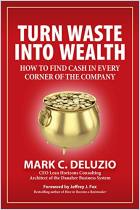
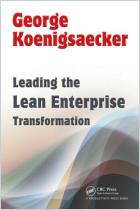
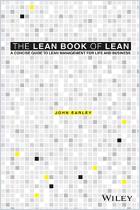
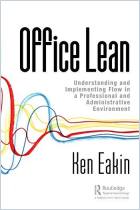
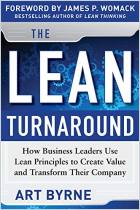
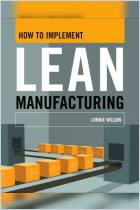




Comment on this summary or Iniciar a Discussão